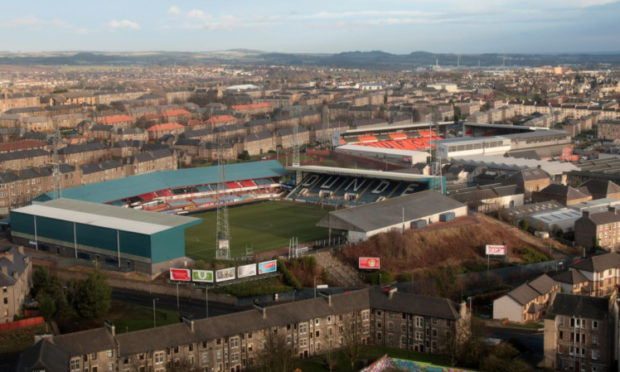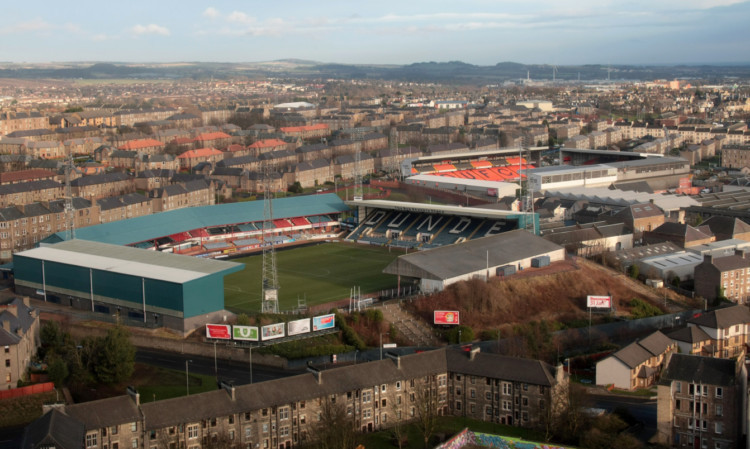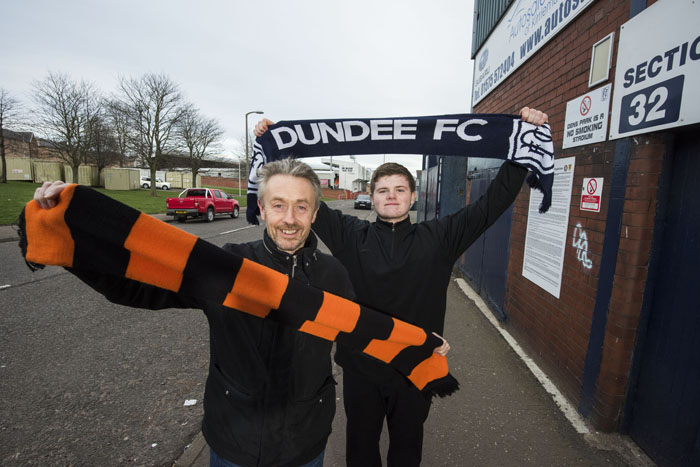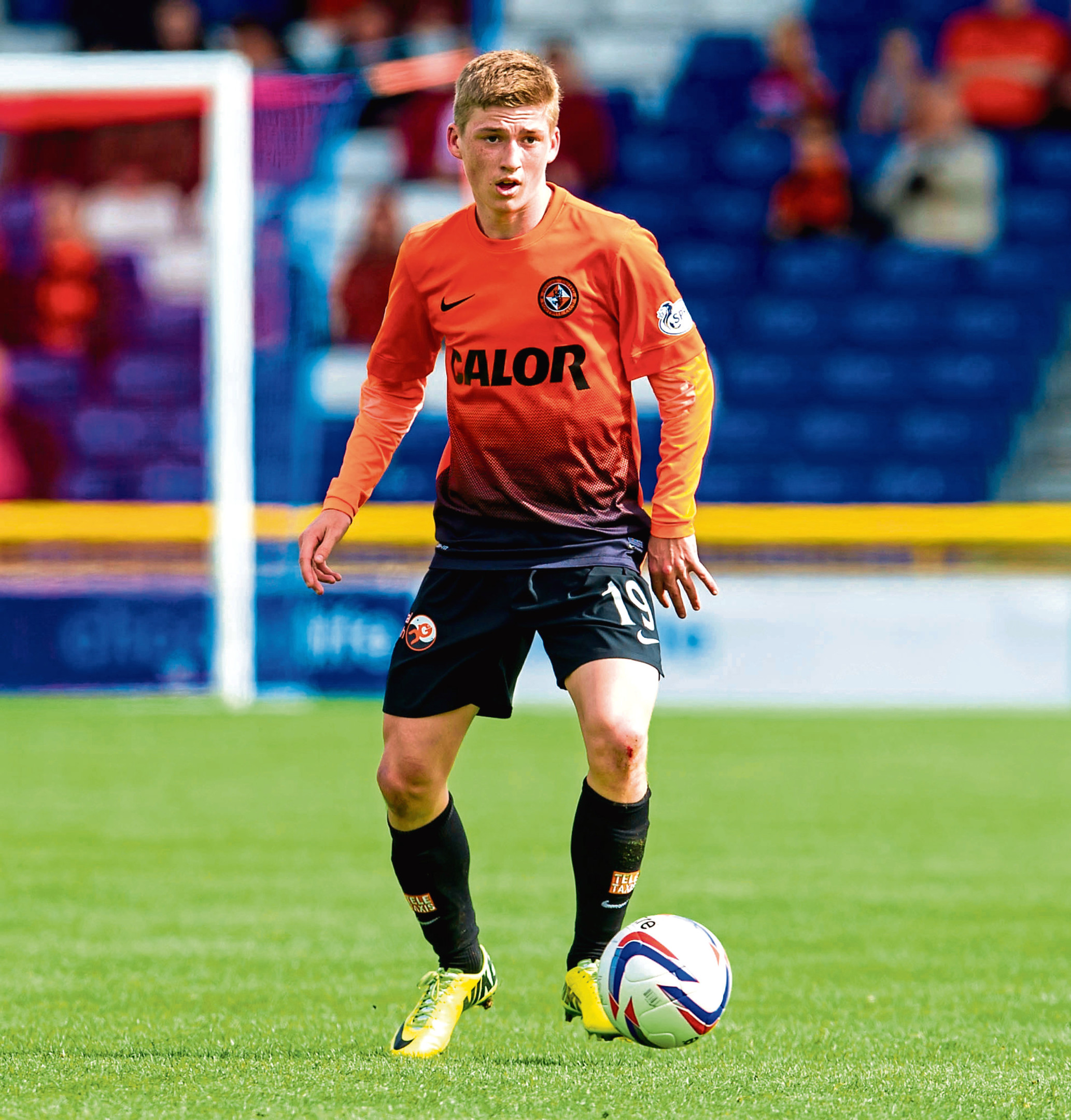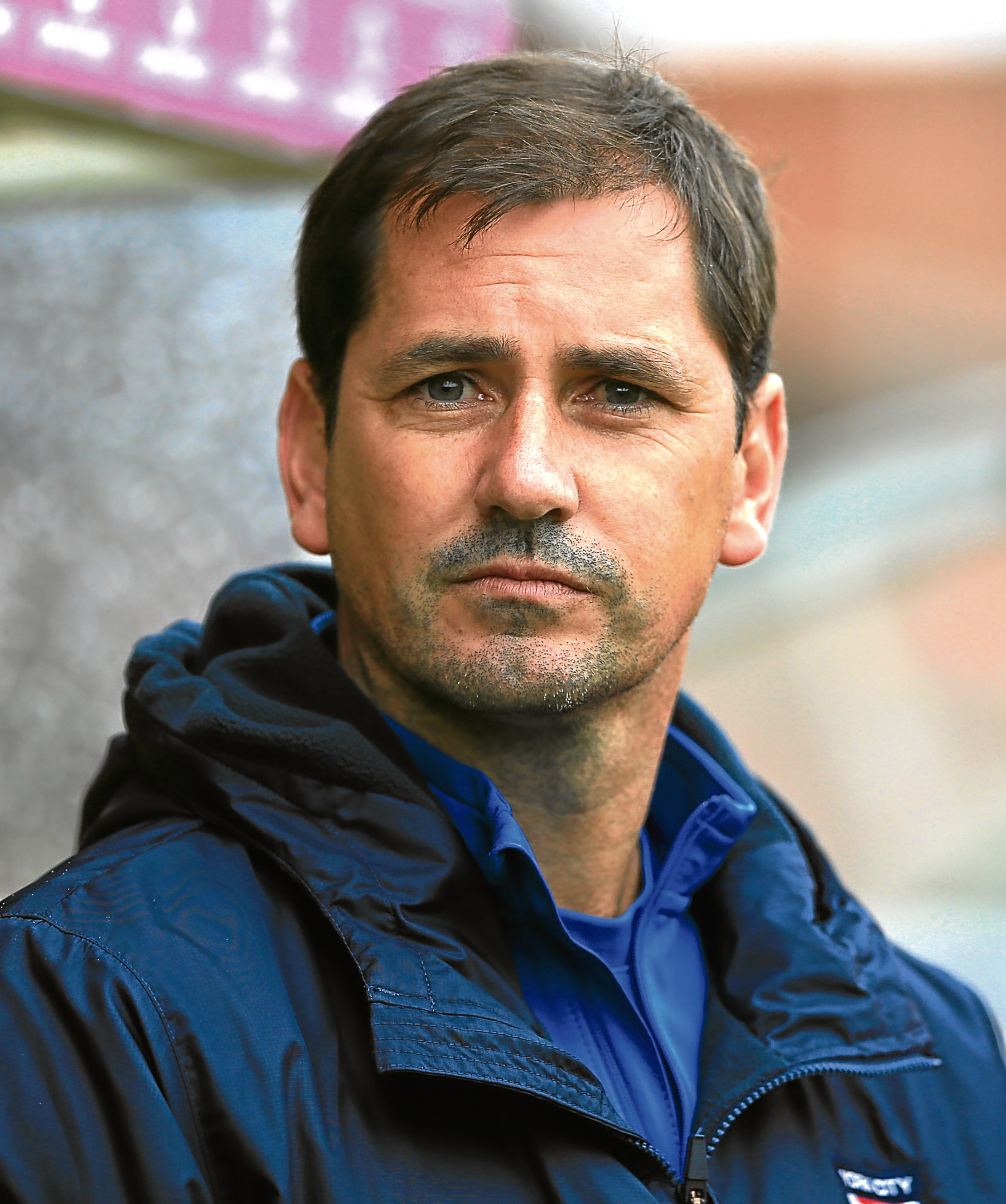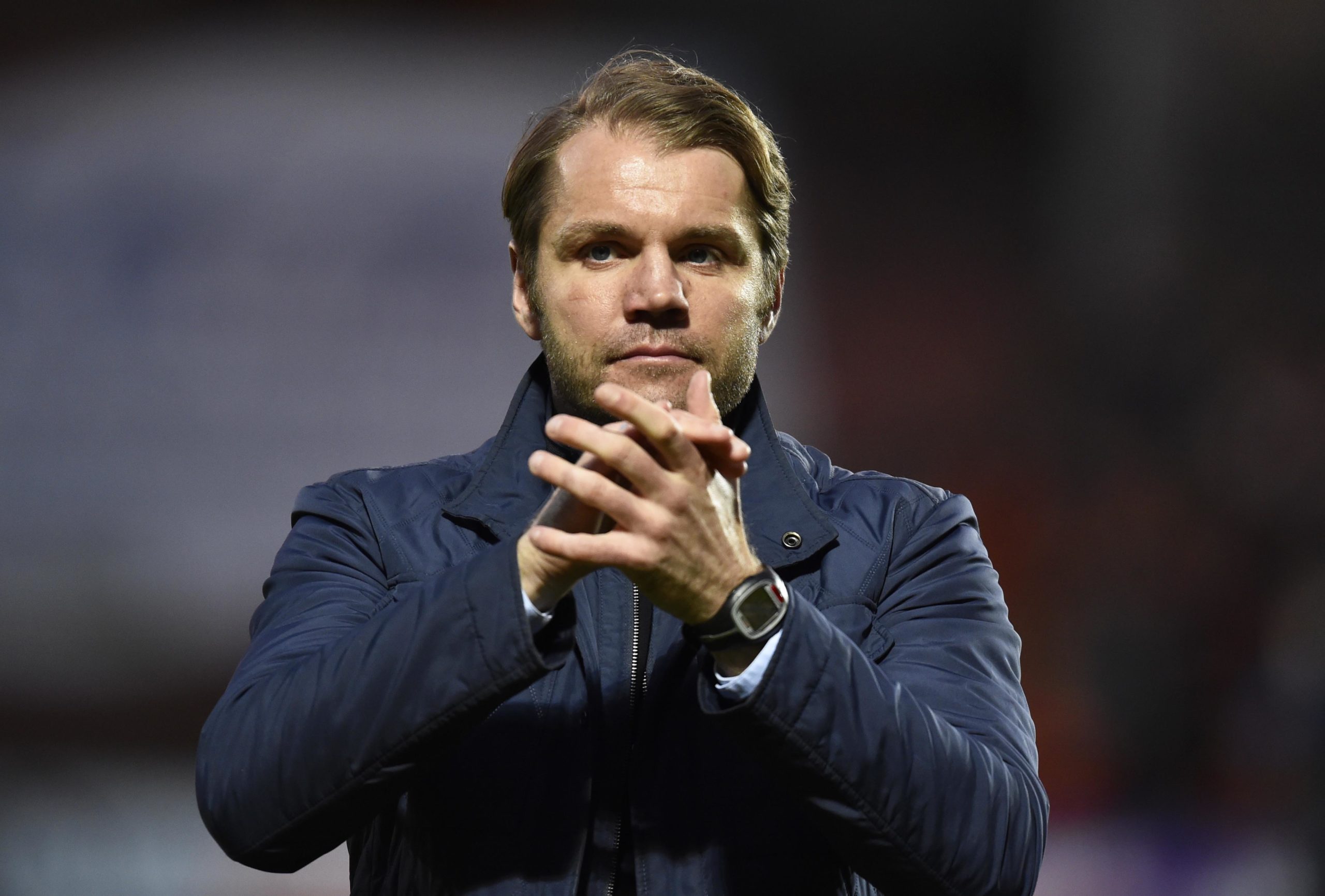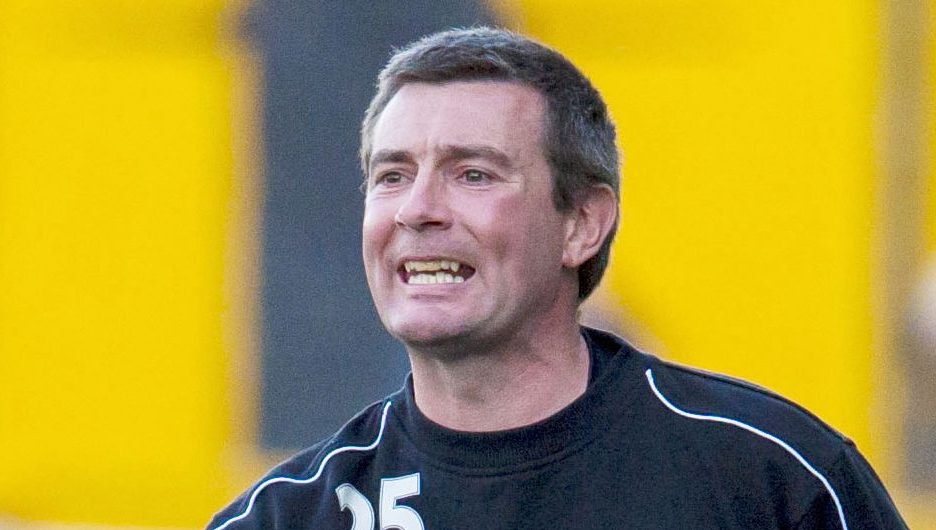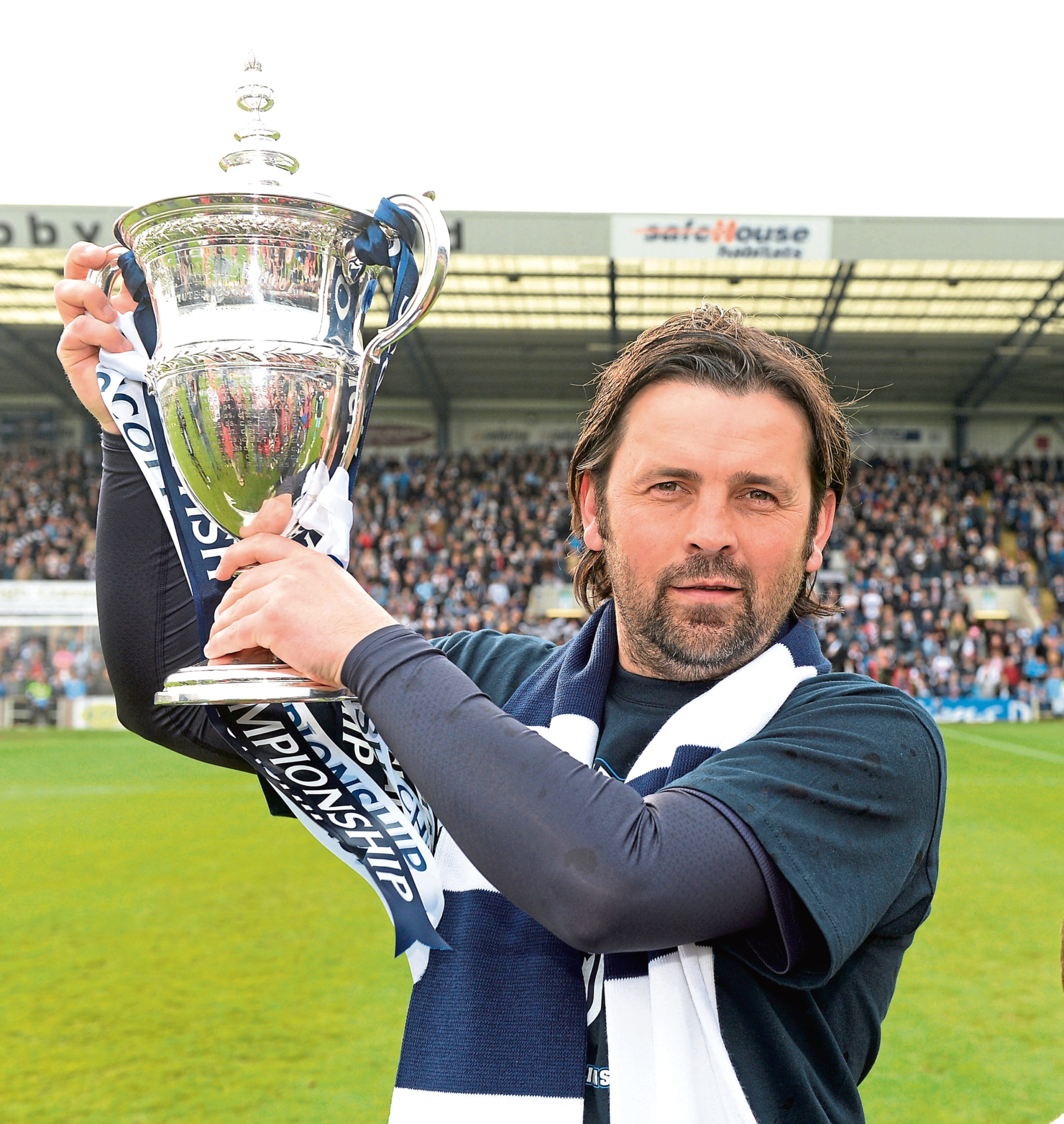The 21st century is not yet 20-years-old but, between them in that time, Tannadice Street rivals Dundee and Dundee United have managed to work their way through 23 managers.
Dens Park and Tannadice.That astonishing turnover rate tells you one thing – the past nineteen-and-a-half years at Dens Park and Tannadice have been turbulent.
We know that because, with very few exceptions, clubs change managers so frequently for one reason and one reason alone – because of a lack of success on the park.
In the case of the Tangerines and Dark Blues, that failure to get the desired results has often coincided with off-field problems as well.
The first two decades of the millennium have seen Dundee plunge into administration twice and, in effect, there has been no fewer than five changes when it comes to the men running the club from the boardroom.
Read more from our Millennium Managers series here.
At United, there have also been five changes in the chairman’s seat and, if success has come in the shape of the 2010 Scottish Cup win, several near things in other finals and a string of healthy league finishes, there has also been relegation, financial crises and rebellion among the rank-and-file support.
With so much going on behind the scenes, it’s arguably not surprising many managers have struggled to assemble teams capable of sustaining success over a prolonged period.
Today, Tele Sport concludes its five-part series on the city’s ‘Millennium Managers’ . . .
Having shrugged off defeat in the 2014 Scottish Cup Final as no more than a blip, Dundee United fans were looking forward to the new season with relish.
Even the loss of Ryan Gauld, to Sporting Lisbon, and Andrew Robertson to Hull City, could not dampen the mood of optimism at Tannadice.
With the likes of Stuart Armstrong, Nadir Ciftci, Gary Mackay Steven and John Souttar all in the ranks, plus the brand of football being played under Jackie McNamara, the feelgood factor was understandable.
And right up until the end of the following January, there was no reason for Arabs to be anything but upbeat.
Indeed, the last day of the opening month of 2015 saw the Tangerines reach their second major final in a row as they beat Aberdeen in a tense League Cup semi at Hampden.
Just 24 hours later, the excitement generated by that had evaporated as both Armstrong, for over £2 million, and Mackay-Steven left for Celtic.
And an unprecedented four games on the bounce against the Hoops in March, two in the Scottish Cup, the League Cup Final and a league meeting saw the season unravel.
In the summer, Nadir Ciftci also left for Parkhead and it’s fair to say McNamara did not recover from those player losses.
A poor start to the following season culminated in him being told his services were no longer required just minutes after a defeat at St Johnstone near the end of September.
By then, United were struggling at the foot of the table and although former favourite Mixu Paatelainen was appointed, he could not prevent relegation being confirmed following a derby defeat at Dens Park, so often the scene of their triumphs, in May.
Paatelainen was quickly sacked and, since then, it’s been about Tangerines bosses coming and going following failures to secure a Premiership return.
That’s what happened to Ray McKinnon and then Csaba Laszlo, but, although current boss Robbie Neilson has also still to get back to the top flight despite losing this season’s play-off final at St Mirren, he’s been confirmed as the man as United attempt to make it fourth time lucky next term.
If the past few years have seen the Tangerines fall from grace, then fail to get back to where they feel they should be, at Dens Park they have been more of a roller coaster ride.
Administration in 2010 saw Dee legend Barry Smith promoted from youth team coach following the termination of manager Gordon Chisholm’s contract.
Almost immediately, Smith had to cope with a 25-point penalty from the Scottish Football League as punishment for that latest financial catastrophe.
It’s not exaggerating to state that in one of the most remarkable achievements by any Dundee manager, he managed to keep the club in the First Division at the end of the season.
And, having finished second the following year, Rangers’ financial collapse saw his team catapulted into the top flight.
Given those exceptional circumstances, it remains a dark stain on the club that, in early 2013, he was sacked because a team that had been put together for the second tier, was struggling at the bottom of the top flight.
The task of keeping Dundee up was then handed to former player John Brown.
Despite lifting the team, “Bomber” could not keep them up and, when promotion the following season appeared in doubt, he was also sacked.
Paul Hartley was brought in from Alloa and got the team over the line on a dramatic final day.
Back in what is now the Premiership, Hartley secured a top-six finish in that first season and, although things were not so good, the following campaign saw his team never in danger of relegation.
That was not the case in 2016/17 and, following a second run of seven defeats on the bounce, in April he left Dens.
In came Neil McCann but, after 18 months spent battling at or near the foot of the table, the axe also fell on him.
That saw Jim McIntyre become Dundee’s 11th boss of the millennium, but with no greater success than many of his predecessors.
Indeed his team went down after a club record-equalling 10 consecutive league reversals and it was no surprise when, last month, he was also shown the door.
That door, therefore, was open for James McPake to enter and only time will tell if he does better than most of those who’ve gone before in the past 20 years.
